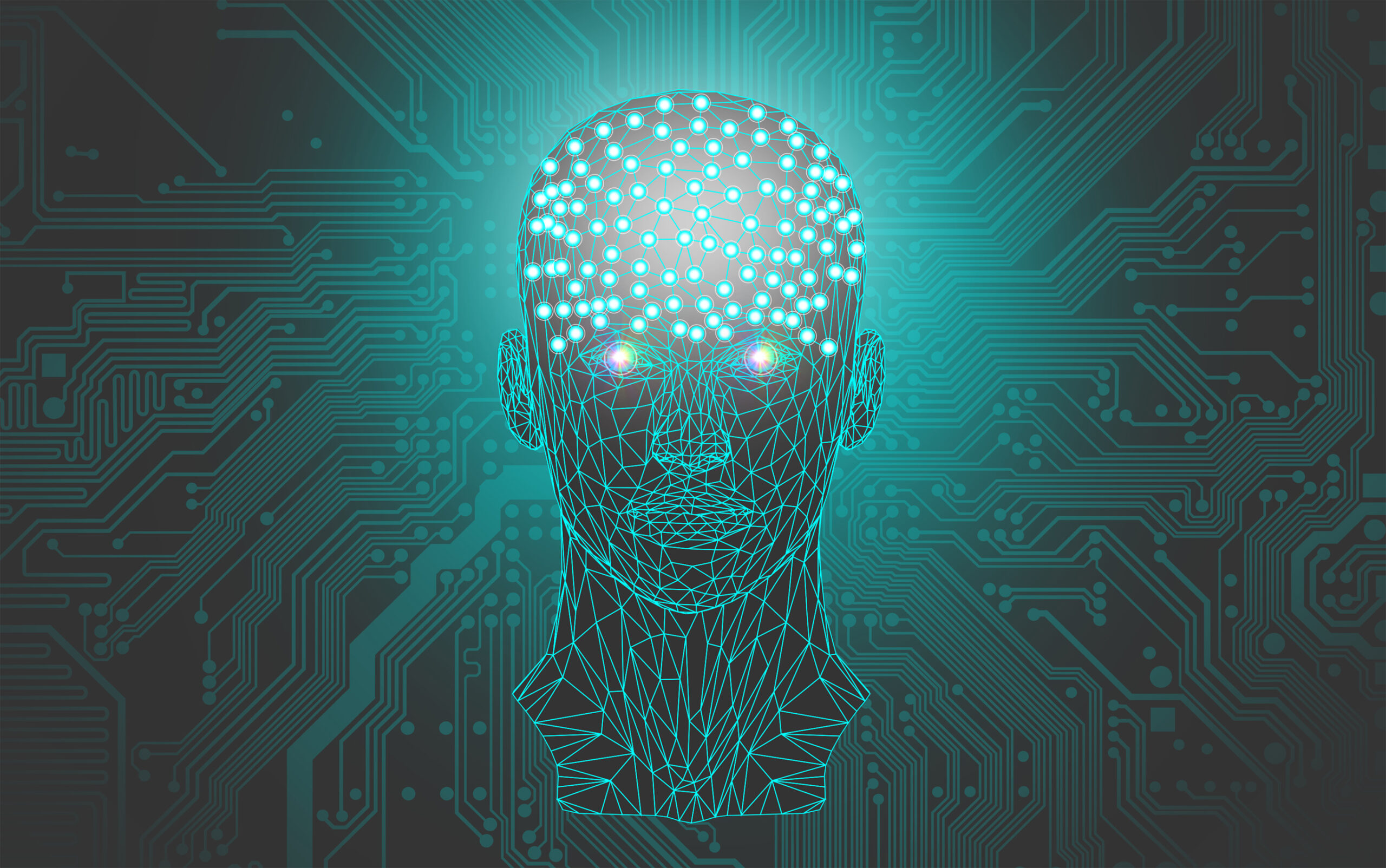Artificial Intelligence (AI) is a rapidly evolving field that has captured the imagination of scientists, technologists, and the general public alike. It promises to revolutionize nearly every aspect of human life, from healthcare and transportation to education and entertainment. In this blog, we will delve into the history, current state, and future prospects of AI, exploring its fundamental principles, applications, and ethical implications.
The Genesis of AI: From Fiction to Reality
The concept of AI dates back to ancient mythologies and folklore, with tales of automatons and mechanical beings that exhibited human-like intelligence. However, the modern foundations of AI were laid in the mid-20th century when pioneering researchers like Alan Turing, John McCarthy, and Marvin Minsky began to explore the idea of machines simulating human thought processes. Turing’s famous “Turing Test” posed the question of whether a machine could imitate human intelligence convincingly.
Understanding AI: Machine Learning and Deep Learning
At the core of AI lies machine learning, a subset of AI that empowers computers to learn and improve their performance on tasks without explicit programming. Machine learning algorithms can be broadly categorized into supervised, unsupervised, and reinforcement learning. Deep learning, a subfield of machine learning, uses neural networks with multiple layers to achieve advanced pattern recognition and decision-making capabilities.
AI Applications Across Industries
AI’s versatility has allowed it to make significant inroads into various industries. Some notable applications include:
a. Healthcare: AI aids in diagnosing diseases, identifying potential drug candidates, and personalizing treatment plans for patients.
b. Finance: AI optimizes trading strategies, detects fraudulent transactions, and enhances customer service through chatbots.
c. Transportation: Self-driving cars and AI-powered traffic management systems are transforming the way we commute.
d. Education: AI-powered adaptive learning platforms cater to individual student needs, enhancing the educational experience.
e. Entertainment: Recommendation systems powered by AI suggest movies, music, and other content based on users’ preferences.
The AI Ethical Dilemma
As AI becomes more pervasive, ethical concerns have become paramount. Issues such as bias in algorithms, job displacement, data privacy, and the potential for AI to be used for malicious purposes demand careful consideration. Experts and policymakers grapple with finding the right balance between innovation and safeguarding human values.
Challenges and Limitations
Despite the remarkable progress, AI still faces several challenges and limitations. Some of these include:
a. Data Quality: AI models heavily rely on vast amounts of data, and if the data is biased or of poor quality, the AI system’s output can be unreliable.
b. Explainability: Many AI models, especially deep learning ones, are often considered black boxes, making it challenging to understand their decision-making processes.
c. Safety and Security: Ensuring that AI systems are secure from malicious attacks and are safe to deploy in critical scenarios remains a significant challenge.
The Road Ahead: AI in the Future
The future of AI holds tremendous potential. As technology advances, we can expect AI to become more powerful, accessible, and integrated into our daily lives. Potential advancements include:
a. AI and Creativity: AI may aid artists, writers, and musicians by augmenting their creative process.
b. AI in Science: AI could accelerate scientific discoveries by processing vast amounts of data and running complex simulations.
c. AI Ethics and Governance: The development of AI will necessitate robust ethical frameworks and governance structures to ensure responsible use.
Conclusion
Artificial Intelligence has transcended its roots in science fiction to become a transformative force in our world. With each passing day, AI advances further, unlocking new possibilities and presenting new challenges. As we ride this technological wave, it is crucial to approach AI development with ethical considerations at the forefront to ensure that this powerful tool benefits humanity while upholding our values and principles. As we navigate this complex landscape, the key to harnessing AI’s full potential lies in responsible innovation and collective effort.





